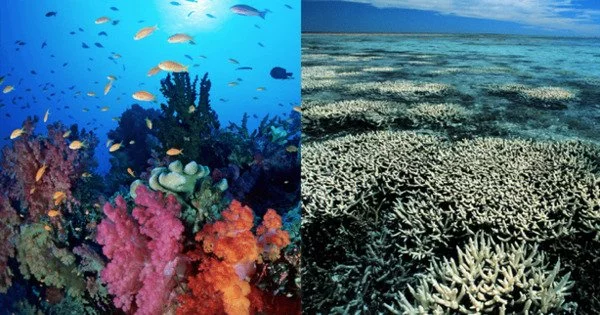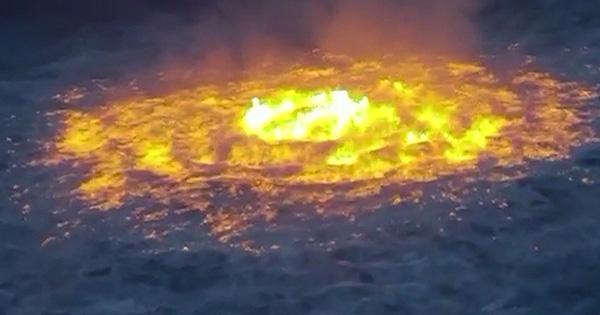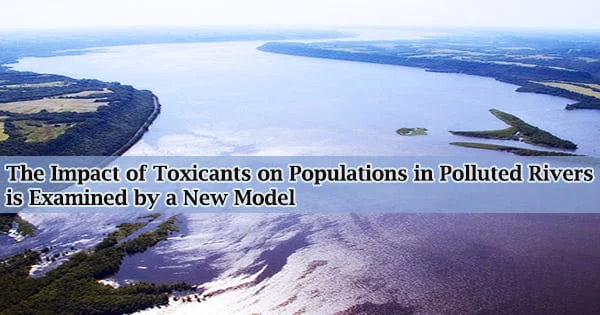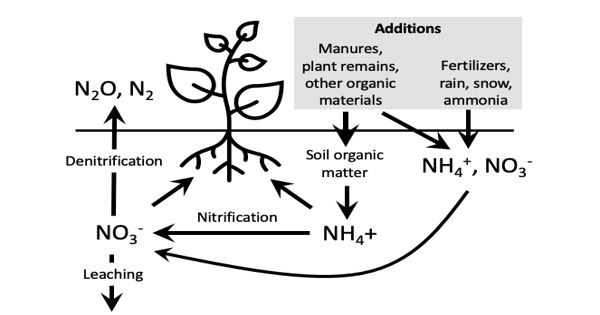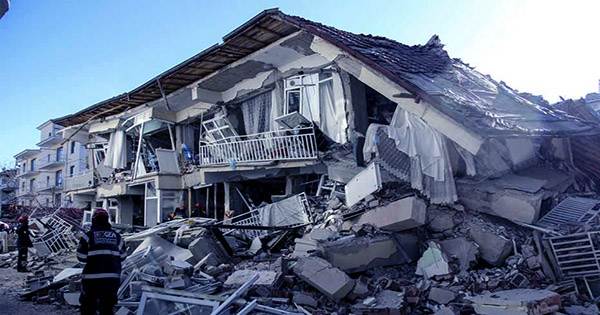Ecosystem collapse refers to a rapid and severe decline in the health and function of an ecosystem, often leading to the extinction of species, loss of biodiversity, and significant changes to the physical and chemical environment. Ecosystem collapse can occur due to a range of factors, including climate change, habitat destruction, pollution, overexploitation of natural resources, and the introduction of invasive species.
When all previous occurrences of an ecosystem’s unique biotic (characteristic biota) or abiotic features are lost, the ecosystem is said to have collapsed. Ecosystem collapse causes ecological collapse within a system, altering its levels of stability, resilience, and diversity. It is, however, possible to reverse through careful restoration, and thus is not synonymous with species extinction. It happens when a system reaches a so-called ecological ‘tipping point,’ or crosses a critical threshold, and can no longer respond adequately to rapid changes in ecological conditions, either because of the suddenness or the scale of the changes.
Cause
Ecosystem collapse can be caused by a range of factors, including habitat destruction, pollution, climate change, overfishing, overhunting, and the introduction of invasive species. These activities can disrupt the delicate balance of an ecosystem and lead to the loss of biodiversity, soil erosion, and water pollution, among other negative impacts.
When an ecosystem collapses, it may no longer be able to support the same level of biodiversity, and key ecological processes such as nutrient cycling and pollination may be disrupted. This can have far-reaching impacts on human societies, as we rely on healthy ecosystems for a range of ecosystem services, including food and water provision, climate regulation, and cultural and recreational value.
Prevention
While certain types of accelerated ecosystem collapse or mass ecosystem collapse are typically viewed negatively, rapid environmental change and collapse have always been a part of the evolution and dynamics of the biosphere and marine ecosystems throughout geologic time. Historically, these processes have contributed to ecosystem diversity by creating new types, or they have maintained and strengthened resilient systems while destroying non-resilient ones.
Preventing ecosystem collapse requires taking a holistic approach to ecosystem management, including protecting habitats and biodiversity, reducing pollution and waste, promoting sustainable resource use, and addressing climate change. By working to protect and restore ecosystems, we can help ensure that they continue to provide essential services to both nature and people.
Ecosystem collapse can have serious consequences for human societies as well, as we rely on these ecosystems for resources such as food, water, and medicine. It is important to take steps to prevent ecosystem collapse, such as reducing our reliance on fossil fuels, protecting and restoring natural habitats, and implementing sustainable land and water management practices.
